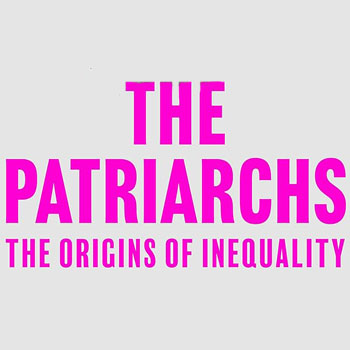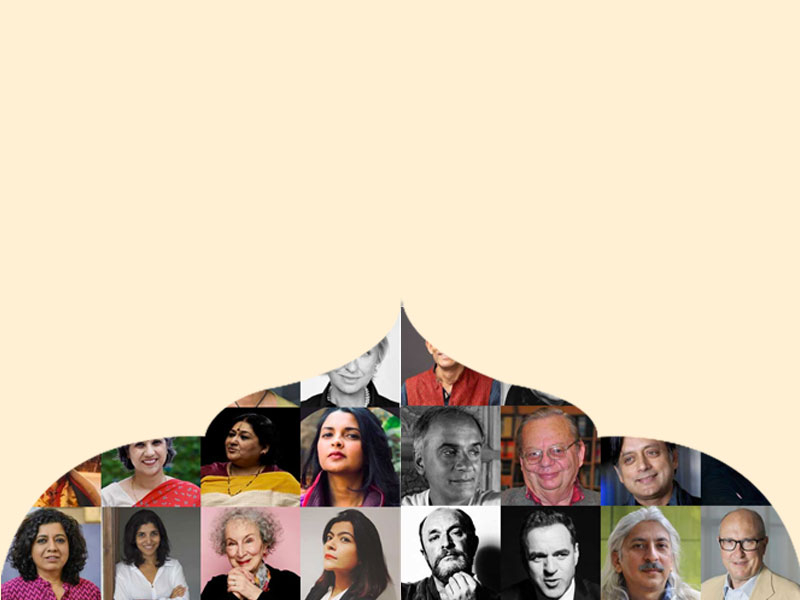Tune in for narratives critical to our times. Listen, ask and seek answers.
Watch Now
The Patriarchs and the Invisible Women | Book Review of Angela Saini's 'The Patriarchs'
Diving into the depths of patriarchal origins and persistence, Angela Saini’s The Patriarchs: The Origins of Inequality offers a refreshing departure from conventional examinations of this topic. Rather than focusing solely on political and social science dimensions, Saini takes a multi-disciplinary approach, delving into archaeology, anthropology, genetics and even contemporary societies to unravel the complexity of patriarchy's evolution.
At its core, the book engages with a question central to feminist theory: Is patriarchy a universal phenomenon, and if so, what accounts for its existence? Saini challenges assumptions by investigating potential prehistoric societies that may have revolved around goddess worship or more equitable gender roles. She questions whether such historical setups should be prerequisites for advocating gender equality, advocating that equality ought to be pursued on its own merit.
The book's exploration of the beginnings of patriarchy in Europe and Asia is particularly riveting. Saini highlights the groundbreaking work of figures like James Mellaart and Marija Gimbutas, whose discoveries and interpretations have coloured historical narratives. Saini objectively scrutinises the research, highlighting how the assumptions of the researcher shape their conclusions, including instances where gender is inferred through guesswork based on the presence of weapons in burial sites.
Gimbutas's hypothesis about the infiltration of matrilineal societies by patrilineal warrior cultures from the steppes is discussed in light of recent scientific analysis, adding complexity to the debate. Saini questions whether agriculture truly gave rise to gender inequality or if the birth of states, with their need for controlled female labour and reproduction, was the true catalyst.
Throughout the book, Saini underscores the individual agency that persists even within deeply patriarchal structures. People, particularly women, navigate, resist, adapt and wield whatever forms of power they possess, shaping the course of their lives within these systems.
An intriguing aspect of The Patriarchs is its exploration of counter-examples to patriarchy. Saini examines matrilineal systems such as the Tharawad system of Kerala and tribal culture of Meghalaya in India, where inheritance flows along the female line and women exercise more autonomy. She contrasts the positions of authority held by women in Native American societies with their struggles for suffrage in comparison to their white counterparts.
Unlike many scholarly works that demand sporadic reading, The Patriarchs merges academic research with accessible prose. Its readable style draws readers in, making the book a page-turner rather than a dense tome. Saini's ability to infuse scholarship with insights, while maintaining an engaging narrative, makes this exploration of patriarchy's historical roots and contemporary manifestations both captivating and enlightening. In a span of just a couple of days, I found myself eagerly consuming its pages, captivated by its blend of comprehensive research and accessible storytelling.
In a session entitled ‘Interrogating Patriarchy’ set to be held at JLF Colorado 2023, Angela Saini will be in conversation with Ruchira Gupta and Patricia Limerick. Do not miss out on this insightful conversation, book yourself a spot here!





Leave a comment